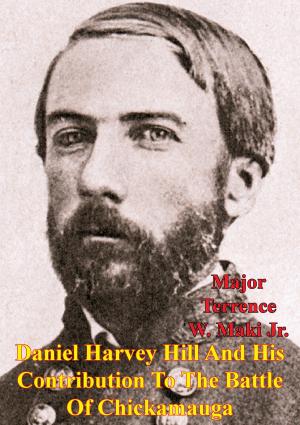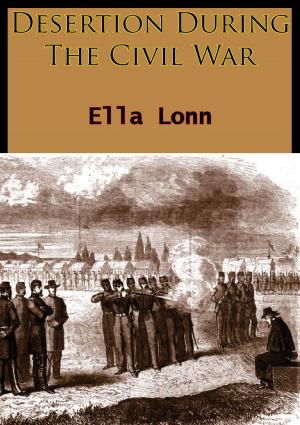The Use Of The Virginia Military Institute Corps Of Cadets As A Military Unit
Before And During The War Between The States
Nonfiction, History, Modern, 19th Century, Americas, United States, Civil War Period (1850-1877), Military| Author: | Lt.-Cmdr. Michael M. Wallace | ISBN: | 9781786255969 |
| Publisher: | Golden Springs Publishing | Publication: | November 6, 2015 |
| Imprint: | Golden Springs Publishing | Language: | English |
| Author: | Lt.-Cmdr. Michael M. Wallace |
| ISBN: | 9781786255969 |
| Publisher: | Golden Springs Publishing |
| Publication: | November 6, 2015 |
| Imprint: | Golden Springs Publishing |
| Language: | English |
During the Civil War, the Confederate government passed legislation creating a national military academy and establishing the rank of Cadet. The national military college was unnecessary because the Confederacy already possessed numerous state military colleges However, the Confederate government failed to properly engage these individual state schools by providing curriculum recommendations or commissioning their graduates. This shortsighted and domineering attitude by the Confederate government ensured that the military colleges failed in their mission to produce a large number of officers for the Confederate army.
It was the state governments (especially Virginia and South Carolina), not the Confederacy, that realized the importance that military colleges in the Confederacy and kept them operating with very little Confederate support. Virginia made a conscious decision to keep VMI open, not as a short term “officer candidate school,” but with her four-year military and academic curriculum intact. Supporting the school both militarily and financially, VMI produced the most officers of the southern military colleges for service in the Confederate army. Additionally, the cadets themselves were used as a military unit by the Confederate and state governments numerous times in the war.
During the Civil War, the Confederate government passed legislation creating a national military academy and establishing the rank of Cadet. The national military college was unnecessary because the Confederacy already possessed numerous state military colleges However, the Confederate government failed to properly engage these individual state schools by providing curriculum recommendations or commissioning their graduates. This shortsighted and domineering attitude by the Confederate government ensured that the military colleges failed in their mission to produce a large number of officers for the Confederate army.
It was the state governments (especially Virginia and South Carolina), not the Confederacy, that realized the importance that military colleges in the Confederacy and kept them operating with very little Confederate support. Virginia made a conscious decision to keep VMI open, not as a short term “officer candidate school,” but with her four-year military and academic curriculum intact. Supporting the school both militarily and financially, VMI produced the most officers of the southern military colleges for service in the Confederate army. Additionally, the cadets themselves were used as a military unit by the Confederate and state governments numerous times in the war.


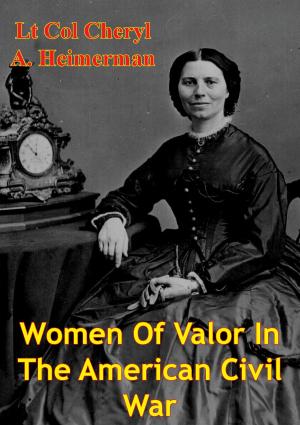
![Cover of the book Elmer Wheeler’s Tested Public Speaking [Second Edition] by Lt.-Cmdr. Michael M. Wallace](https://www.kuoky.com/images/2016/october/300x300/9781787201477-wpuf_300x.jpg)
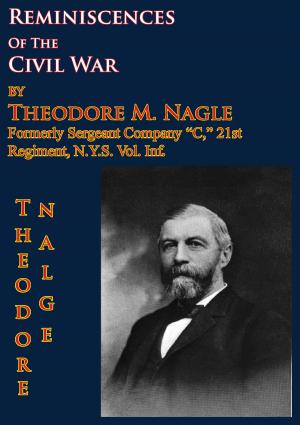
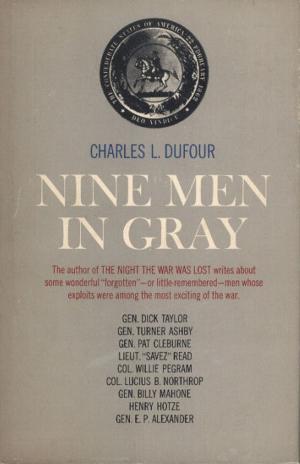
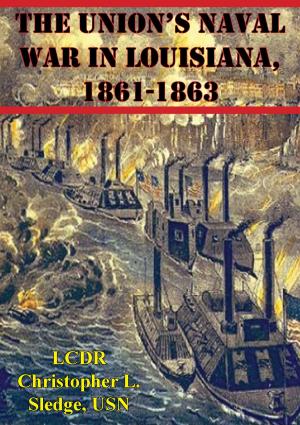

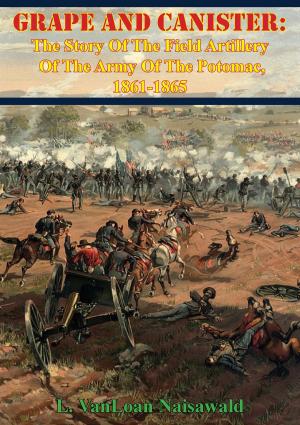
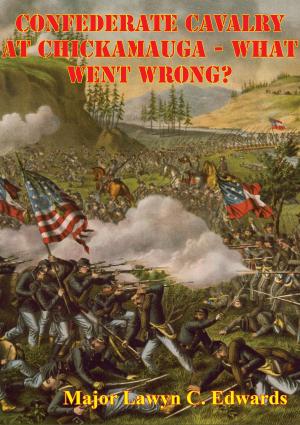
![Cover of the book Military reminiscences of Gen. Wm. R. Boggs, C.S.A. [Illustrated Edition] by Lt.-Cmdr. Michael M. Wallace](https://www.kuoky.com/images/2013/february/300x300/9781908902740-0Tzq_300x.jpg)
